Canadian Paralympians excel in the classroom as well
Para athletes say sports and academics complement each other
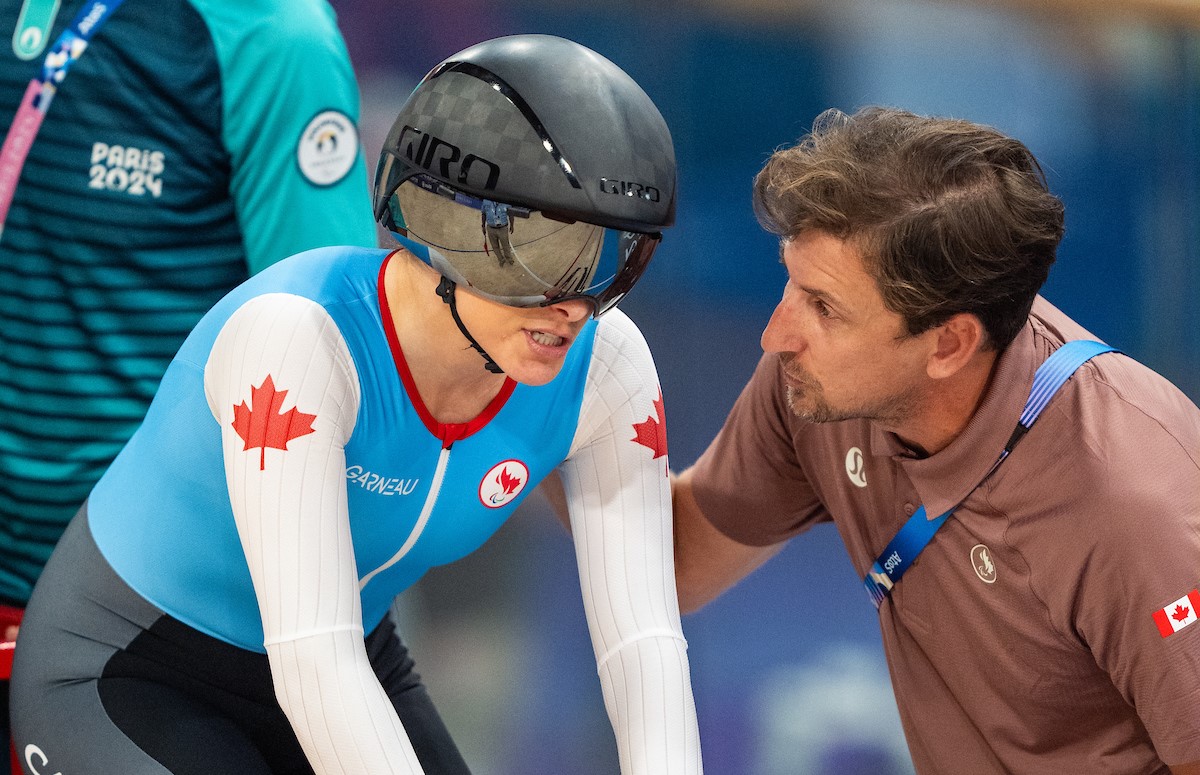
PARIS – Pursuing a high-performance career in sport and going to university is nothing unusual anymore. But there are members of this year’s Canadian Paralympic Team who really have achieved some impressive standards in the academic field.
At least three of them can officially put the title Dr. beside their names: Dr. Julia Hanes, a thrower in Para athletics, Dr. Keely Shaw, a Para cyclist and now a two-time Paralympic Games bronze medallist, and Dr. Robert Shaw, a world top-10 player in wheelchair tennis.
And more are en route to achieving that same title. There are also mechanical engineers, law and broadcast students and more.
‘’There’s a lot of similarities in regard to teamwork with school and athletics,’’ said Dr. Hanes after her eighth-place finish in the wheelchair javelin throw earlier this week – her Paralympic Games debut. ‘’The dedication that it takes for both activities are very similar. In both we strive to perform at our best level.’’
While she was developing as a world class athlete, the 29-year-old was also studying to become a medical doctor. She completed a medical degree at the University of Ottawa in 2022. Then after graduating she began a five-year residency in physical medicine and rehabilitation at the University of British Columbia.
“I never saw a doctor with a disability [during my recovery] and I never saw someone who looked like me. I thought to myself I could add to the pool of good.”
Dr. Keely Shaw graduated in 2023 with a doctor of philosophy – PhD in kinesiology and exercise science from the University of Saskatchewan. She earned a masters in the subject in 2019 maintaining an 88 percent average.
She says being involved in sport while she was in school was also an opportunity to channel her energy in other directions and also instill self-discipline.
‘’Sports got me off my computer,’’ she said. ‘’I couldn’t sit and work for 12 hours a day because I had to train. I had to eat well, I had to sleep well in order to change my athletic goals. And in doing so, I think that made me a better academic.’’
Veteran wheelchair basketball player Cindy Ouellet of Quebec City is currently enrolled in a PhD program in biomedical engineering at the University of Southern California in Los Angeles.
At the same time, she will be starting a new PhD in neuroscience in Quebec City.
‘’I’ve always loved school,’’ said Ouellet, 35, at her sixth Paralympics and fifth in wheelchair basketball. ‘’Whether I’m 40 or 30 to finish a PhD, it doesn’t really bother me. I’ll probably go for a post-doctorate to continue research in this field. I’m trying to build my own artificial hip, my own pelvis, so I can use it one day.’’
Young Para athletes like sprinter Bianca Borgella of Ottawa and thrower Katie Pegg of Halifax are currently in medical studies at their respective universities.
Pegg, 20, is at St. Mary’s University in Halifax in biology and forensic sciences.
Borgella, 21, is in bio medical sciences and neurology at the University of Ottawa while she trains with the Ottawa Lions Track and Field Club.
The visually impaired sprinter won two medals at the world championships last year. Unfortunately she has a leg injury, which has been an issue this summer and forced her withdrawal following her 100m final this week at the Paralympic Games.

‘’When I found out my visual impairment was going to be permanent I wanted to do something about it,’’ Borgella said. ‘’What if we were to find a cure to my vision issue? So I kind of made that a goal for myself as I’ve met others with the same condition.’’
Borgella says to achieve her goal will take 11 years of studies. Four for her current program, another four for medical school and three to specialize.
‘’I would love to know what 20-20 vision is like so I kind of made it a mission to study the eye and hopefully help people maintain their vision. I know I’ll be in school a long time.’’
Para cyclist Alexandre Hayward of Quispamsis, N.B. and wheelchair racer Austin Smeenk of Oakville, Ont. have capitalized on their knowledge acquired in earning engineering degrees for their sport.
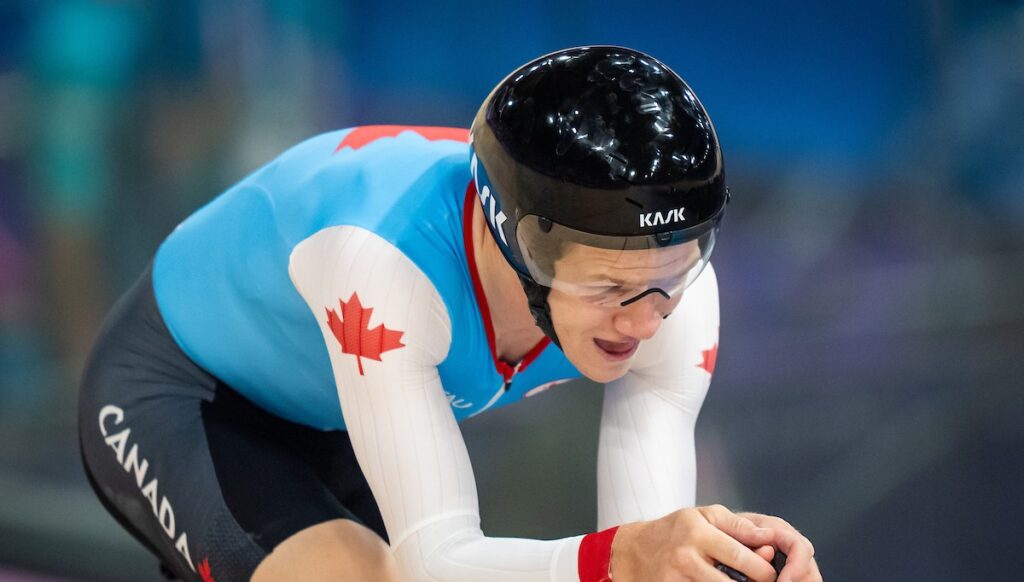
A recent engineering graduate at the University of New Brunswick, Hayward used some of those skills in his preparation for his medal race last Friday,
‘’I made an engineering move,’’ he said. ‘’I went for lighter rear tire hoping that I could get a couple extra seconds at the start because that’s where my opponent got me in the qualifier.
‘’It worked out.’’
Smeenk holds an electromechanical engineering degree and says a properly built wheelchair can be the difference between reaching the podium or not.
“I can even draw out my own parts and say, ‘Hey, this is something I’ve thought about, can you guys produce it?'” Smeenk told CBC. “So being able to communicate at a technical level about the fine details, when the details are the things that we’re really starting to blow up and get nitty gritty on, that’s been instrumental.”
It appears many Canadian Para athletes have set the gold standard in mapping out the finer details of a career on and off the playing field.
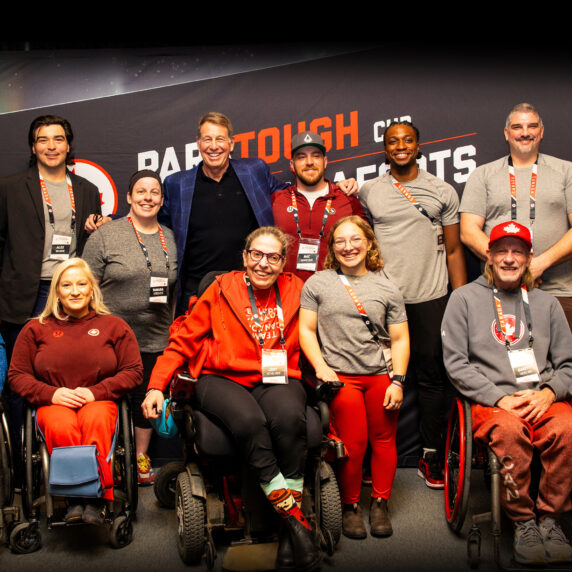
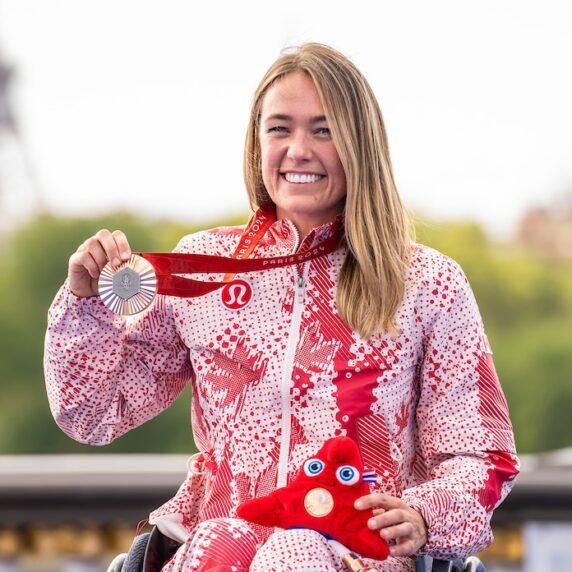
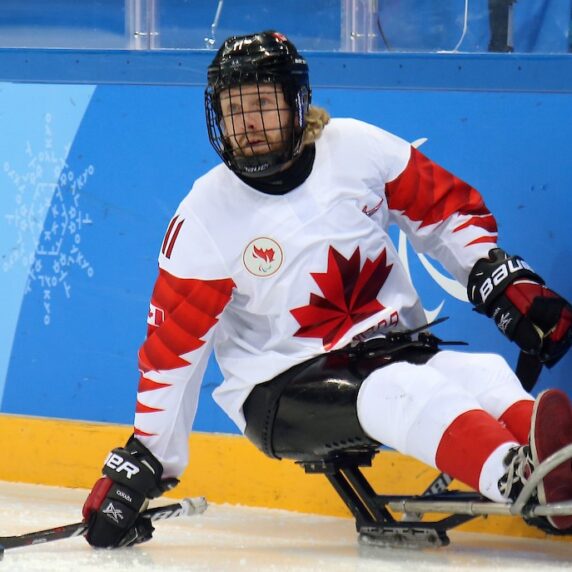
"*" indicates required fields